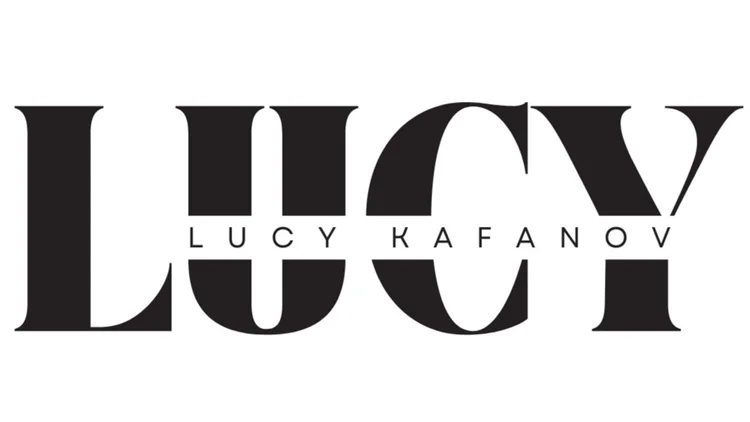Energiewende. In German, it means the energy transition and reflects the country's push to generate 80 percent of its power from renewable sources by 2050. Germany feels like a green place. In the countryside, giant wind turbines share the space with idyllic farms; solar panels are easy to find on the rooftops of even the most historic villages. Yet ironically, as Germany embarks on its “green” energy transformation, it has also seen a sudden revival of coal. Atterwasch is one of three villages in East-German Lausitz-region that could soon be razed in order to accommodate the planned expansion of a giant coal mine. Demand for brown coal - or lignite - has been growing steadily, in part due to chancellor Angela Merkel's decision, in 2011, to phase out the use of nuclear power within a decade. The residents of Atterwasch, as you might imagine, are less than thrilled about the whole situation. Here's my story on their fight to keep their homes and way of life.
